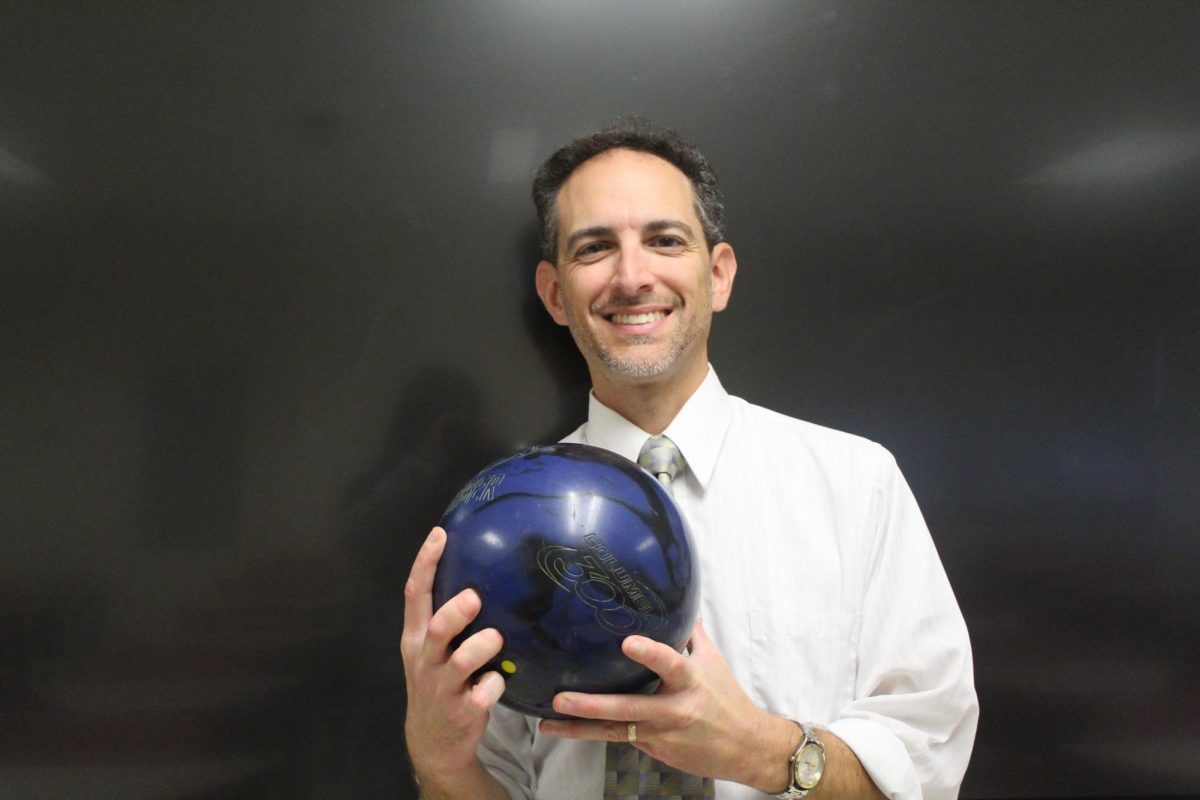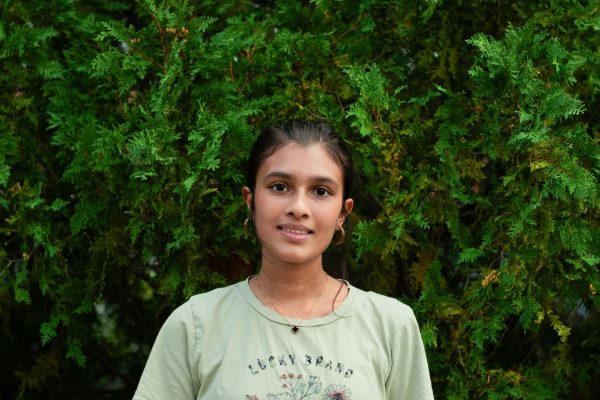Lately, it may feel like everywhere you look, there is a new fad diet, and everything that you eat has to be “protein packed” and fermented so that it is “gut healthy.” According to a 2025 study by Andres D. Parga and Hannah Coven, “approximately 69% (of college-aged women) report that social media directly influences their food choices, with more than half having eliminated foods from their diet based on content encountered online.” Many influencers have taken part in these diets on social media platforms, praising their routine to followers, and no one wants to be left behind in following influencers.
Fad diets are popular, restrictive eating plans that promise a “quick fix” through temporary changes, but they frequently lack scientific evidence. According to the Boston Medical Center, 50% of the estimated 45 million Americans who go on a diet annually use fad diets. It is crucial that all of the trending diet crazes online stop due to the amount of misinformation they spread.
Some viral diets include the paleo diet, based on what prehistoric humans ate; the carnivore diet, which focuses on only eating animal products; and the keto eating plan, which is low in carbs and high in fat. According to Christopher Gustafson, an associate professor at the University of Nebraska, there is no evidence that fad diets are better than scientifically tested healthy eating. Healthy eating is not the same as a fad diet; it emphasizes moderate portions and nutrients, whereas fad diets severely restrict food groups and are unrealistic.
Most of the followers of these trendy eating plans are teenagers who are much more vulnerable because of hormonal shifts that can impact their decisions. This causes health issues and also increases insecurity and lowers self-esteem. Adolescence is an important period — it is essential for teenagers to eat balanced diets as they need certain nutrients such as calcium and iron for healthy development.
Also, most viewers don’t understand that influencers are paid to advocate for these eating habits. Huge marketing campaigns using such influencers can mislead people into thinking that they can lose weight through a fad diet.
“The food industry pays ‘influencer’ dietitians to shape your eating habits,” said Marlene Schwartz, director of the University of Connecticut’s Rudd Center for Food Policy and Health. “They’re getting these dietitians to essentially do their marketing for them.”
It is true that through the impact of social media and the right nutritionist, it is easier to guide people to healthy diets, but the huge misrepresentation of diets online can lead to long-term health issues and promote unrealistic body standards. It is important to be cautious before following a different eating plan and stay informed through trusted healthcare professionals. You are better off eating a well-rounded meal and having a healthy lifestyle than going on a fad diet.
Nishta Subramanian can be reached at [email protected].

























































































